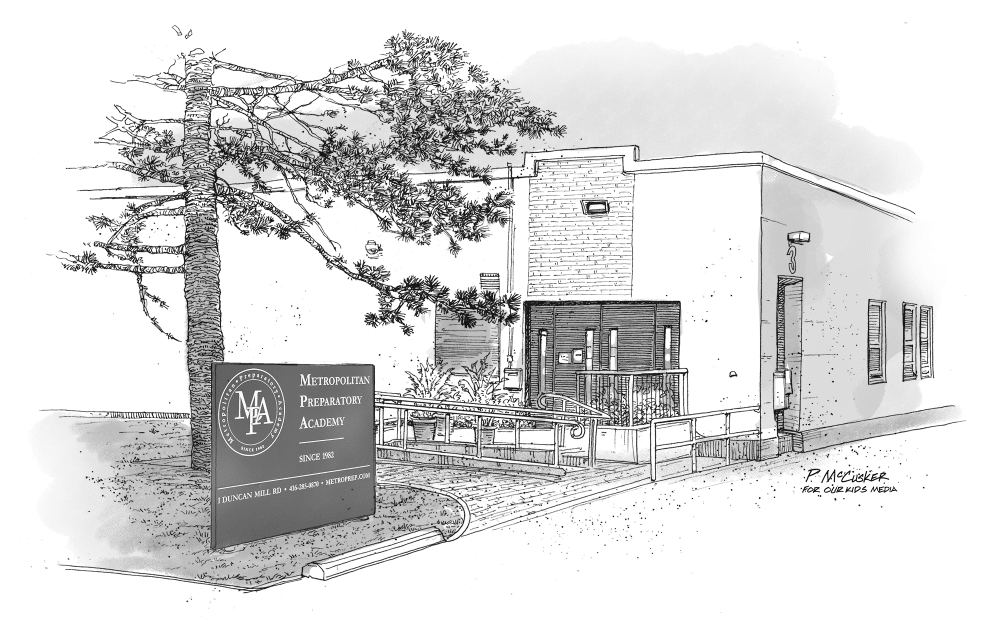
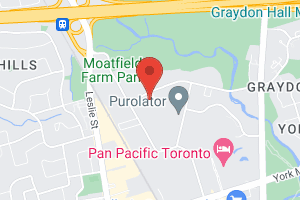
How we see Metropolitan Preparatory Academy
The 50-page review of Metropolitan Preparatory Academy is part of our series of in-depth accounts of Canada's leading private schools. It provides a unique and objective perspective on the school's academics, programs, culture, and community.
Read our in-depth reviewCompare with:
How Metropolitan Preparatory Academy sees itself
"Metro Prep was founded on the idea that educators with the right attitude, providing a supportive yet challenging academic environment, can profoundly impact a student’s life. Since 1982, we’ve offered top-quality education, small class sizes and a real-world atmosphere for students in grades 7-12. Faculty/Administration doors are open and no uniforms allow students to express their individuality and trust their instincts. They are taught to think critically and creatively, seeking assistance needed to succeed."
"- Students are on a first name basis with teachers and administrators, promoting equality and fellowship.
- Extra help sessions are readily available on teachers' late nights.
- Open door policy where no appointments are needed.
- Our educators offer students a hands-on learning experience in an engaging and inviting environment.
- No uniform policy promotes individual self-expression.
- Students consider Metro Prep Academy as their 'home away from home.'"
"- Metro Prep Academy becomes a part of our students' extended family, fostering a trusting and caring relationship with our students and their parents.
- Extra support and personalized Guidance is available at the school.
- Students are prepared academically to succeed at the best universities worldwide; This preparation is paired with essential life skills.
- School-wide engagement, through houses and enrichment activities, build interactions between students of all grades."
"- We are unique.
- We have a contemporary approach to education and social awareness.
- Our diversity is celebrated and is representative of the real world experience. School-wide activities and dinners provide culturally immersive experiences.
- Monthly interim-meetings provide greater transparency and feedback to parents and students. EDSBY delivers instantaneous feedback.
- Parents are invited to attend University Guidance Sessions."



Basketball & Volleyball at Elite Camps Training Centre
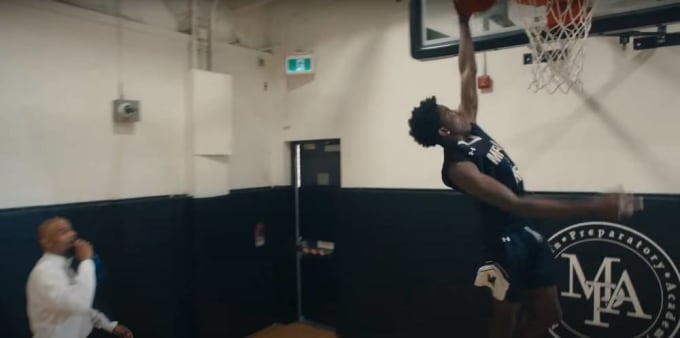

Fitness Centre




Metro Production of "Of Mice and Men" in our Blackbox Theatre
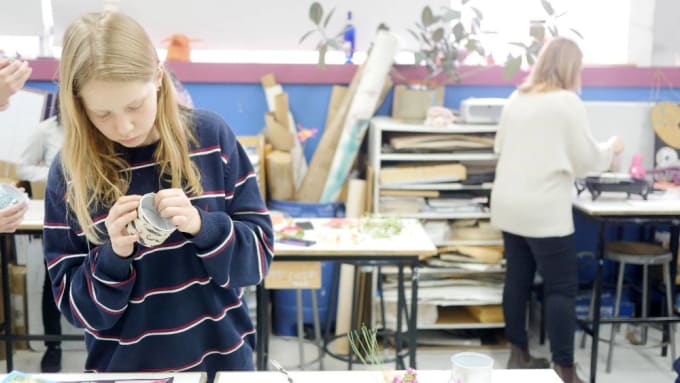
D.I.Y. Club in the Art Room
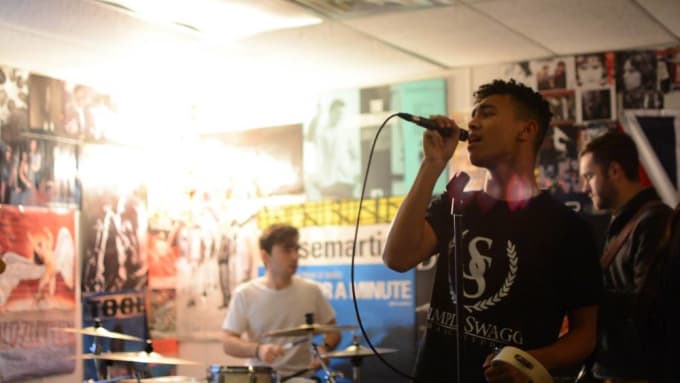
Jamming in the Music Room



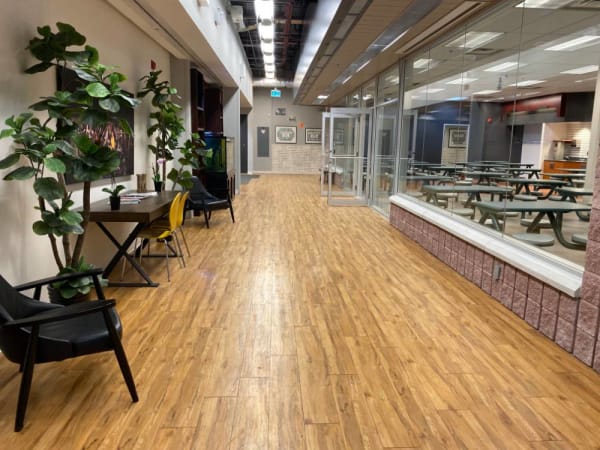
Front Hallway and Cafeteria
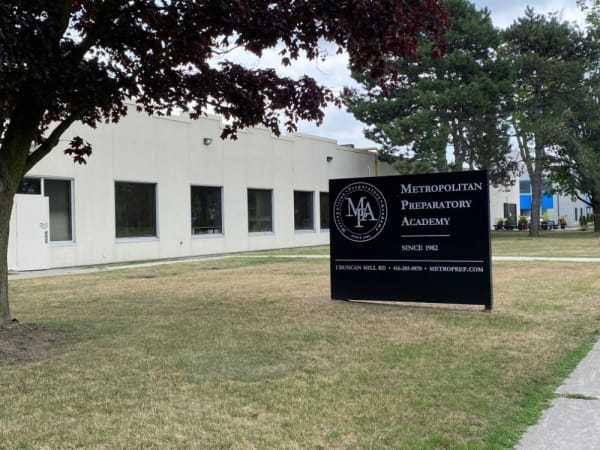
New campus located at the corner of Lesmill Rd & Duncan Mill Rd.


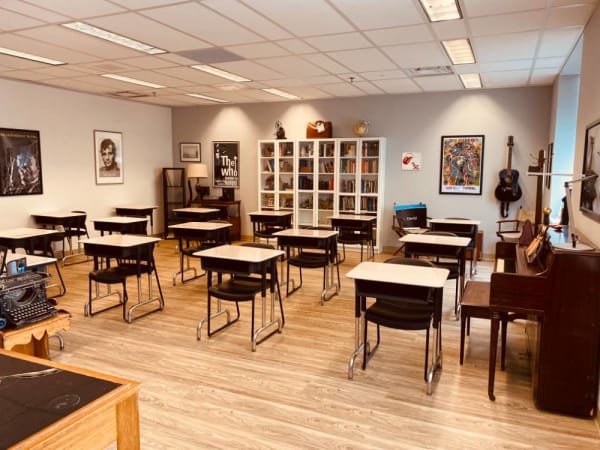
English Class

Roundtable discussions in Politics and History
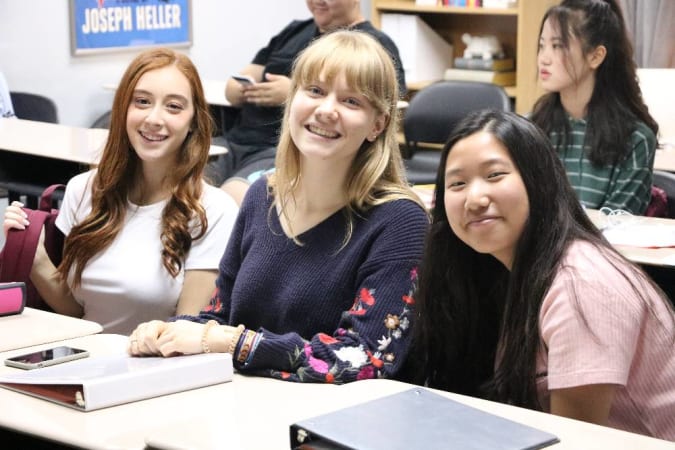



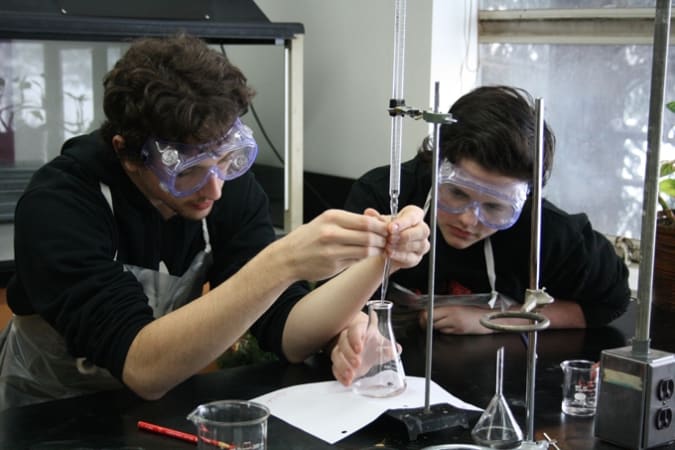
Young Scientists in the Lab
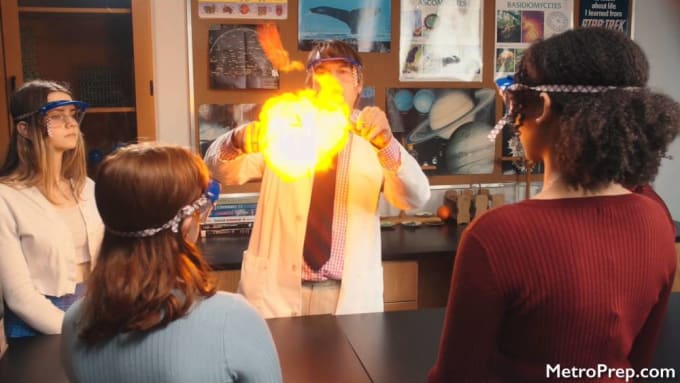
Experiment


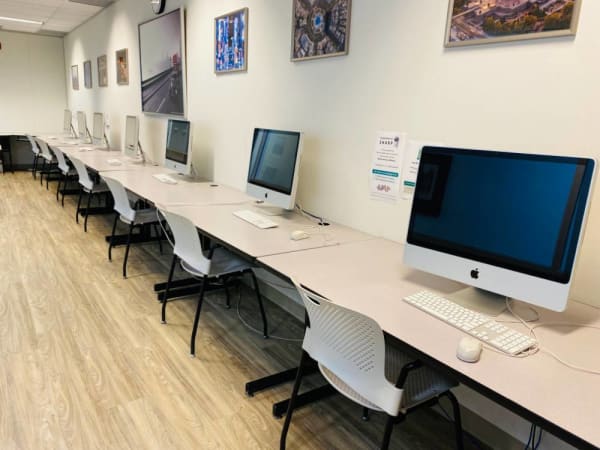
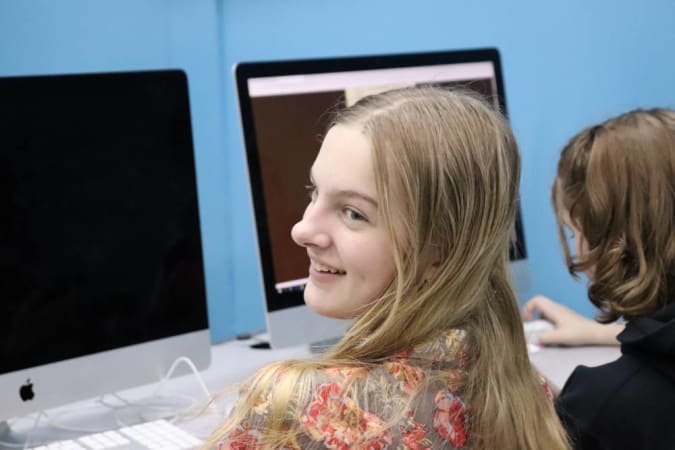


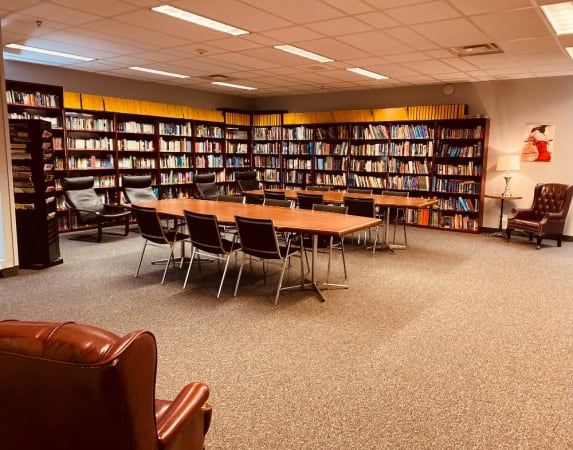
Study Hall

Student Lounge

Studying in the Cafeteria





How people from the school’s community see Metropolitan Preparatory Academy
Top-down influence on the school’s direction and tone
William Wayne McKelvey, Principal
Hons. B.A., M.A., Dip. Ed.
A cordial welcome to those contemplating enrolment at Metropolitan Preparatory Academy. As we plan for the future, I ask you all to think about the challenges and opportunities that lie in the years ahead. To be successful, it’s essential to set attainable goals and develop the ambition to achieve those targets. In other words, decide where you want to go and establish how much time and energy it will take to get there. This may sound old fashioned, but little happens unless you believe in yourself and what you are doing. You don’t want to look back on your life one day and dream about what could have been. Set inspiring goals and work toward them now. When doors to opportunity open, walk through without hesitation.
Consider our program if you are looking for a structured and caring environment. At Metro Prep Academy, we highly value involvement, new ideas and enthusiasm. We are committed to fostering the intellectual, physical, social and creative potential of university-oriented students through a supportive yet challenging academic environment. We believe young men and women flourish in a safe, inviting, learning atmosphere where they feel confident expressing their individuality, asking questions, and seeking the help they need to thrive. Because of this Metro Prep operates without uniforms and with open faculty doors. In preparation for both university and future careers, students are encouraged to trust their instincts and think both critically and creatively.
I wish the best to all students in the upcoming academic year.
Most big schools provide your extroverted child with plenty of social opportunities and the ability to interact with different peer groups with a wide range of personalities, interests, values, etc. A larger student population and more extracurriculars—including activities like team sports, arts programs, and debate—will give them a broader scope of opportunities to participate in events that scratch their interpersonal itch. “This may also give them the opportunity to hone certain skills,” say Ann and Karen Wolff of Wolff Educational Services. “For instance, they might run for student council to develop leadership and public speaking skills and learn to be a voice for other students.”
Make sure any prospective school, no matter what size, provides the right social environment to help your child feel at home, make friends, and develop confidence. This is especially important at big schools, which are sometimes more socially overwhelming and challenging for an introvert to find their bearings in. Of course, “Because larger schools usually have a more diverse student population, introverted kids are more likely to find a small group of people like them, a peer group they can relate to and find acceptance from,” says Dona Matthews, Toronto-based education consultant and co-author (with Joanne Foster) of Beyond Intelligence.
Bigger schools often have a broader scope of extracurricular activities, which is another way to help your child meet the right group of friends. “This may also give them the opportunity to develop certain skills,” say Ann and Karen Wolff of Wolff Educational Services. “For instance, they might run for student council to develop leadership and public speaking skills and learn to be a voice for other students. Remember, though, each child is different—so what works for one may not work for another.”
THE OUR KIDS REPORT: Metropolitan Preparatory Academy
Next steps to continue your research:
Continue researching Metropolitan Preparatory Academy with OurKids.net, or visit school website.
